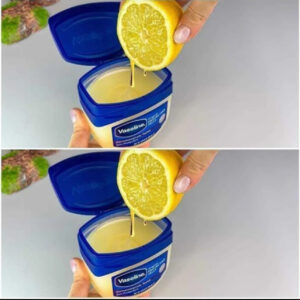“Pretty Woman” holds a trove of surprising secrets that add layers to its iconic status. One such revelation is the manipulation of the movie poster, where Julia Roberts’ face was superimposed onto another actress’s body. This behind-the-scenes maneuvering highlights the complexities of marketing in Hollywood and the sometimes deceptive nature of promotional materials.
Watch The VIDEO : https://www.youtube.com/watch?v=b11iz2Sw_uE
The film’s original script took a much darker turn, delving into Vivian’s struggle with cocaine addiction. However, this gritty narrative was ultimately transformed into a lighter romantic comedy, aligning more closely with the film’s eventual tone and audience expectations. This shift in direction showcases the evolution of storytelling decisions in the filmmaking process.
A standout element of the movie is the iconic $250,000 necklace prominently featured throughout. What many may not realize is that this dazzling piece of jewelry was indeed real, adding a layer of authenticity to the film’s opulent portrayal of wealth and luxury. The presence of an armed sentinel guarding the necklace further emphasizes its significance within the storyline.
Director Gary Marshall’s creative choices also left their mark on “Pretty Woman.” One notable decision was his re-editing of the film to incorporate the Christmas song “It Must Have Been Love.” This addition not only enhanced the romantic atmosphere of certain scenes but also contributed to the film’s enduring charm and seasonal appeal.
In retrospect, the hidden secrets and behind-the-scenes anecdotes of “Pretty Woman” offer a fascinating glimpse into the complexities of filmmaking and the creative decisions that shape cinematic masterpieces. From poster controversies to script transformations and directorial tweaks, each element contributes to the film’s enduring legacy and cultural significance.




